For our most recent GeoNet event we were lucky enough to have a visit from Gaius Wilson all the way from Southern India. Gaius told us about his PhD research into elephant behaviour. Apparently there are 12-15,000 elephants in Southern India, and they commonly come into conflict with humans. Farmers try to protect their crops with deep ditches (elephants can’t jump!) and electric fences. However, elephants are clever, and have realised that their tusks don’t conduct electricity, so the males (females don’t have tusks) push over fences or use trees to break them. An emerging problem is the spread of a weed called Lantana, which was introduced from South America as an ornamental hedge plant. Lantana forms very high, dense stands which elephants can’t cross. It takes up space and so there is a loss of fodder, since elephants don’t eat Lantana, and the plant contains oils and can lead to more intense forest fires. This pushes elephants closer to villages to find food, and means that locals with captive working elephants have to travel further to find food. One thing the forest department can do to stop elephants being forced to use farmer’s resources is to remove Lantana where it appears. Employing villagers to do this could create work opportunities, with associated economic benefits.
After Gaius’ talk we had an interesting discussion (joined by Susanna Curtin and Mandy Korstjens) about the potential for wildlife tourism to mitigate human/wildlife conflict. The idea is that if farmers have another income stream provided by tourists, it becomes in their interest to protect the animals that the tourists pay to see. However, most wildlife tourism in India is domestic, so not much cash is generated. There are pitfalls with this type of tourism, in that guides and others employed are often not local people, hotels are usually some distance from wildlife sites and locals often don’t receive any benefit from tourist visits, which can lead to resentment. There are some success stories – in Peru all guides are local by law and receive training to fulfil the role. Small-scale tourism in Peru involving locals has spread as nearby villages see the benefits and follow the example of those who set up schemes. However, in India legislation prevents people from setting up such schemes in protected areas, and until this is allowed nature tourism won’t have a role in persuading locals to protect elephants.
Our next three events are;
7th May 13.00-14.00 Lawrence LT (Talbot Campus)
Participatory Research – Gitte Kragh (BU Life Sciences) Hayley Roberts (BU AAFS) Rick Stafford (BU Life Sciences) Paola Palmer (BU AAFS)
14th May 13.00-14.00 KG01 (Talbot Campus)
Storymaps and place-based storytelling – Anna Feigenbaum (BU M & C)
21st May 13.00-14.00, PG19 (Talbot Campus)
Cultural heritage landscapes and deathscapes – Craig Young (Reader in Human Geography at Manchester Met University), Tim Darville (BU SciTech AAFS), Anne Luce (BU M & C)


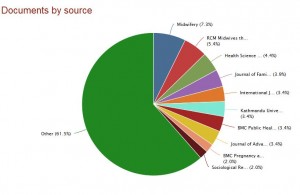

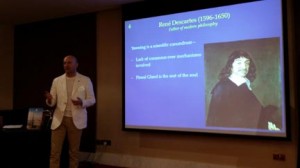

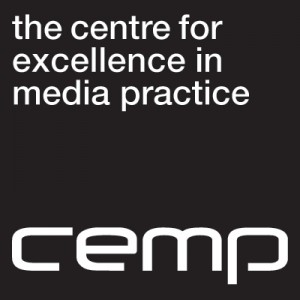


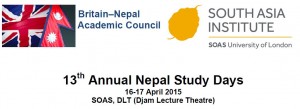
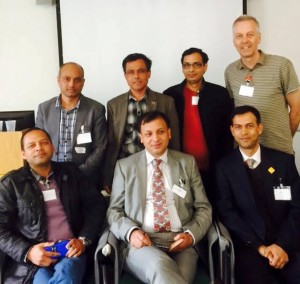
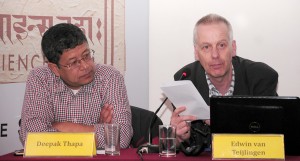











 New CMWH paper on maternity care
New CMWH paper on maternity care From Sustainable Research to Sustainable Research Lives: Reflections from the SPROUT Network Event
From Sustainable Research to Sustainable Research Lives: Reflections from the SPROUT Network Event REF Code of Practice consultation is open!
REF Code of Practice consultation is open! ECR Funding Open Call: Research Culture & Community Grant – Apply now
ECR Funding Open Call: Research Culture & Community Grant – Apply now ECR Funding Open Call: Research Culture & Community Grant – Application Deadline Friday 12 December
ECR Funding Open Call: Research Culture & Community Grant – Application Deadline Friday 12 December MSCA Postdoctoral Fellowships 2025 Call
MSCA Postdoctoral Fellowships 2025 Call ERC Advanced Grant 2025 Webinar
ERC Advanced Grant 2025 Webinar Update on UKRO services
Update on UKRO services European research project exploring use of ‘virtual twins’ to better manage metabolic associated fatty liver disease
European research project exploring use of ‘virtual twins’ to better manage metabolic associated fatty liver disease